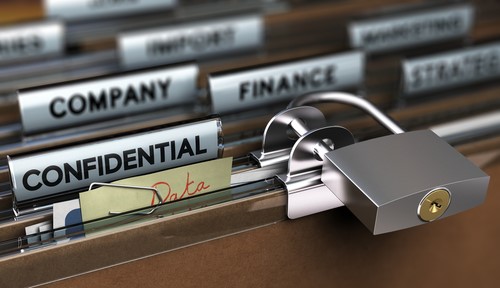Are You Planning to Do Your Own Business’ Books? Here’s How to Do it Right
Posted by : Premraj | Posted on : Tuesday, October 3, 2017

Managing your accounts and recording all transactions – ‘doing the books’ – is an essential part in doing business; you simply can’t escape it. Not only is proper bookkeeping essential to understand the financial position of the company, it’s crucial when it comes to planning, taxation, and learning from the past. Unfortunately, not all of us are skilled in the art and science of accounting and proper recording, so some of us may find the process quite daunting.
That doesn’t mean it has to be a hassle, however. Learning the process takes only a short while. Are you planning to do your own business’ books? Here’s how to do it right.
Start right away
Ideally, every transaction your business makes (whether it is expenses or income) will have a written or printed proof thereof. It’s mandatory. Save all those receipts or invoices, and make sure you create a way to keep them organised.
Create a system
You’ll have to create your own system, and this will highly depend on what kind of business you are in. The key – broken down to its basics – is to separate the income from the expenses, and to classify each according to their nature. In case of doubt, contact professionals such as the accountants in Central London from GSM & Co. for advice; they can help you set up your own system.
Free workshop
You might be surprised to hear that the HMRC is helpful, but they do care and give workshops for free. You can register and learn about:
–Introduction to VAT
–Setting up different kinds of companies (self-employed, limited company, and so on)
–Online filing and running a payroll, and more
Claim costs
Even small expenses – such as running to the post office – can be claimed, if it is for the purpose of your business. Write all these expenses down carefully.
Budget for taxation
The general rule: save about 25-30% of your profit for taxation purposes to be comfortable and sure. Of course, you may want to talk to experts about this.
There are, of course, many rules and regulations that you’d want to be aware of to get the most benefit. For example, you can record a trip to the post office for work as an expense – even if you go on a trip on your bicycle, you can claim £0.20 per mile. When you work from home, a portion of the rent and utility bills can be claimed as business expenses. Remember that there are professionals in both the private and public sector who can help you gather all the information you need. It’s all about understanding the process and setting up a system that’s perfect for you and you’re business. After that, it’s easy.
 SU
SU REDDIT
REDDIT







